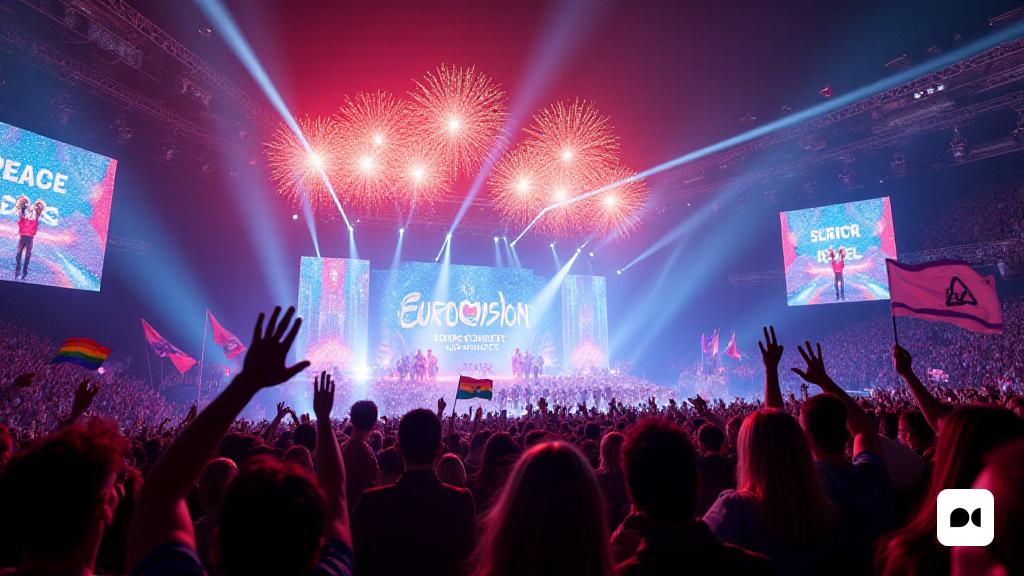An event that goes beyond music
This weekend, Eurovision has transcended its nature as a music competition to become a scenario of ideological tensions. While the world was busy with its daily activities, the festival was transformed into a debate platform on geopolitical issues that have captivated public attention.
The politicization of competition
The RTVE chain, in an effort to stay apart from neutrality, introduced controversy elements in the coverage of the event. With comments referring to the situation in Gaza and a banner calling for ‘peace and justice for Palestine’, the chain provoked a palpable reaction among viewers, who expressed their displeasure with the festival forcefully.
The reaction of the European television
Despite the controversy, Israel gained significant support for popular vote, exceeding expectations and emphasizing in a European panorama marked by the division. This response reveals a disconnect between the political opinions expressed in the public media and preferences.
The complexity of the conflict
The debate on the Israeli-Palestinian conflict has been intensified by the reaction of various sectors of society. Many citizens perceive the situation with a clarity that contrasts with the most complicated ideological discourses. Most seem to position themselves next to those who defend life and security, without going into the historical complexities that surround the conflict.
The prospects of young people
Young people, who are often influenced by social media, have been skeptical of narratives that glorify certain causes. This can lead to a change in support dynamics, with many of which can choose to follow voices that seem more aligned with their values.
The reaction of the Spanish government
President Sánchez, in his attempt to maintain the alliance with his left -wing partners, has been accused of using the Palestinian conflict as a political tool. His stance has been seen as a way to meet the expectations of his allies, although his true interest in the situation is questioned.
The dynamics of current politics
With an increasingly polarized political landscape, Eurovision reactions reflect a society tired of political rhetoric. Elections and political decisions are perceived as instruments to feed the division instead of resolving conflicts.
A reflection on the future
The result of the television in Eurovision is not only a reflection of music preferences, but also becomes a thermometer of the mood of society. As the debate on topics such as the Israeli-Palestinian conflict continues, the need for constructive and understanding dialogue becomes more and more evident.

